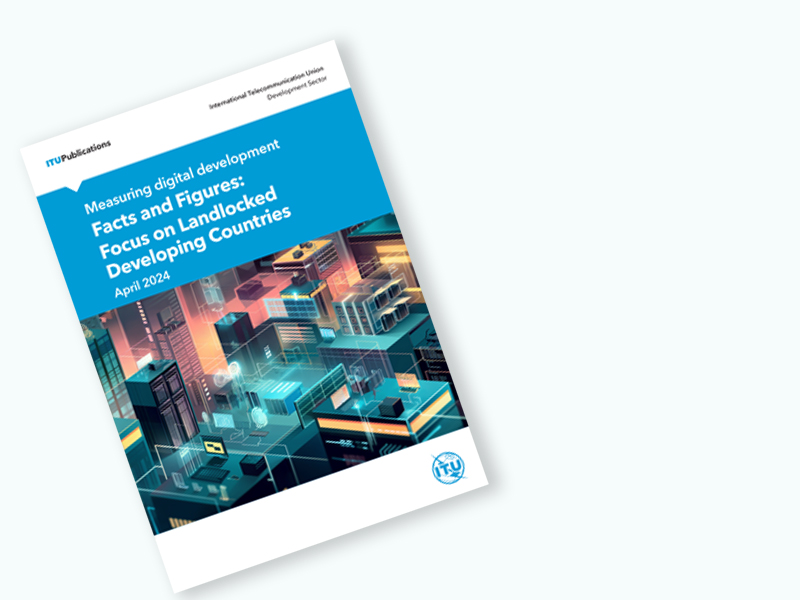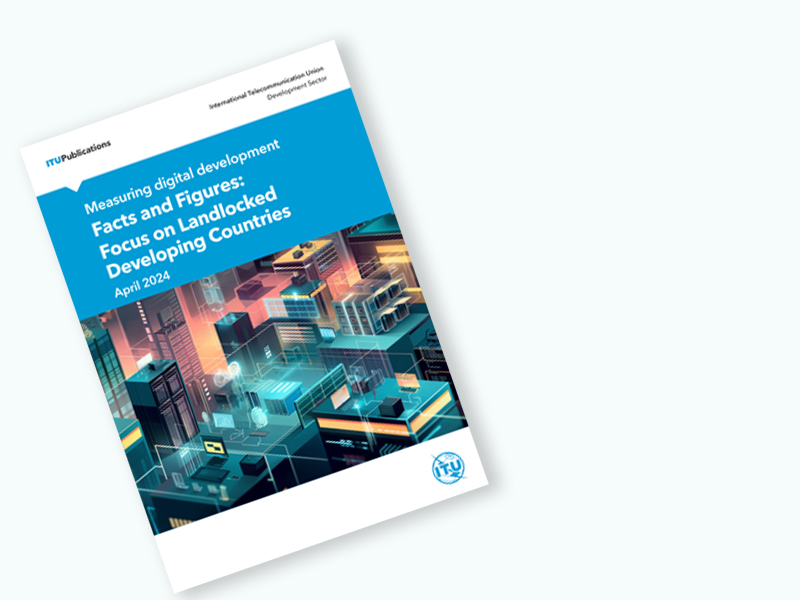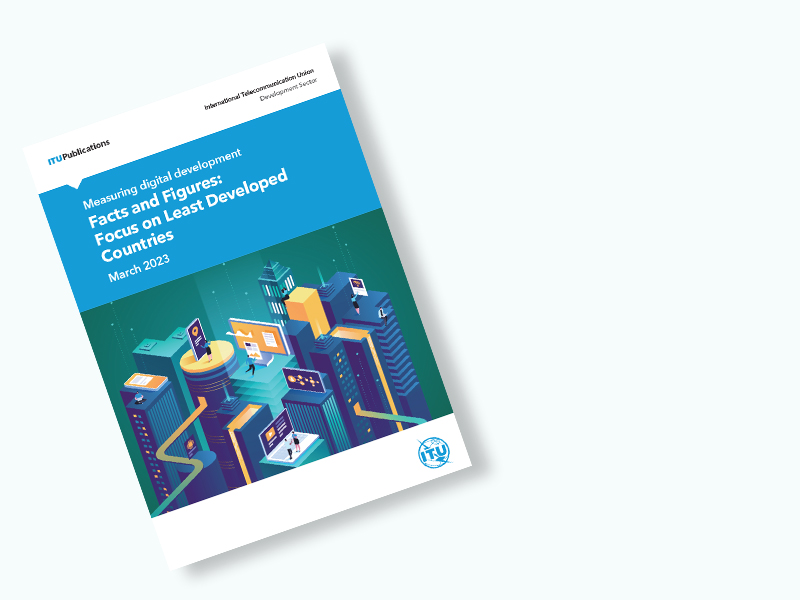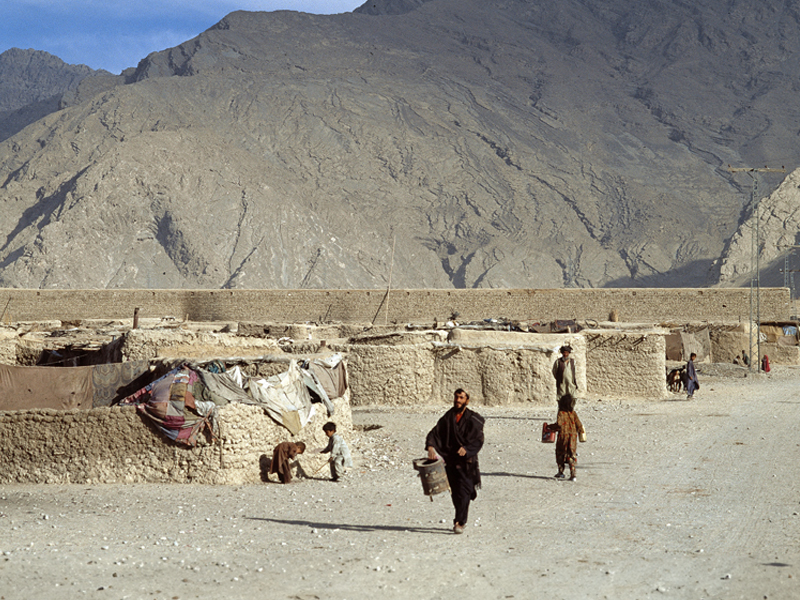
LDCs, LLDCs and SIDS
In the fast-changing global technology landscape, Least Developed Countries (LDCs), Landlocked Developing Countries (LLDCs), and Small Island Developing States (SIDS) grapple with distinct challenges hindering meaningful connectivity, access to digital services and value creation. Our mission is to build national human and institutional capacities, foster partnerships and advocate for policies that empower LDCs, LLDCs and SIDS to harness the full potential of digital technologies.
Focus areas
In the spotlight

Facts and Figures: Focus on Landlocked Developing Countries, July 2025
Download the report

Facts and Figures: Focus on Landlocked Developing Countries, April 2024
Download the report

Facts and Figures: Focus on Small Island Developing States, March 2024
Download the report

Facts and Figures: Focus on Least Developed Countries, March 2023
Download the report
Third UN Conference on Landlocked Developing Countries (LLDC3)
5 – 8 August 2025
Awaza, Turkmenistan
BDT4Impact: Stories of impact from the ground
Explore our Digital Impact Unlocked platform and our virtual exhibit on LDCs to learn how the work of the ITU’s Telecommunication Development Bureau transforms lives when it meets the needs of the people that it serves.





